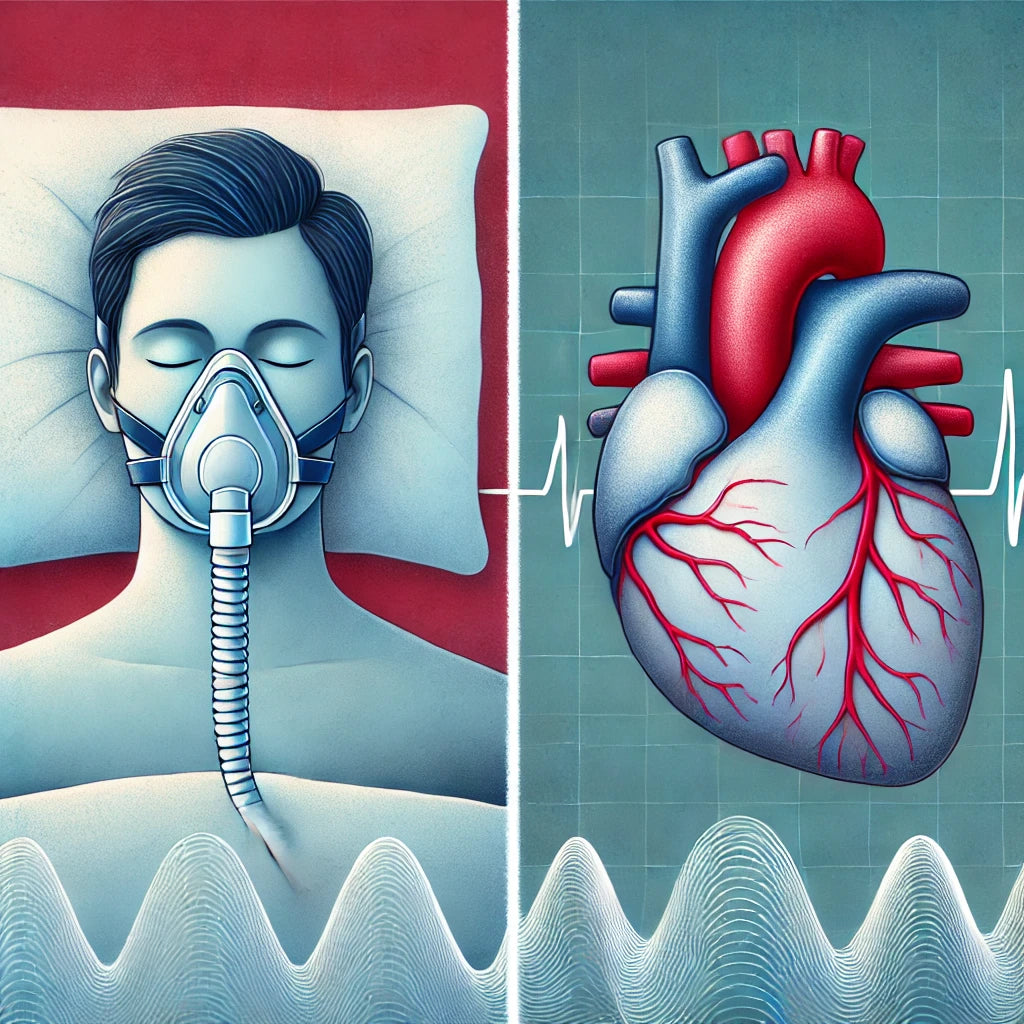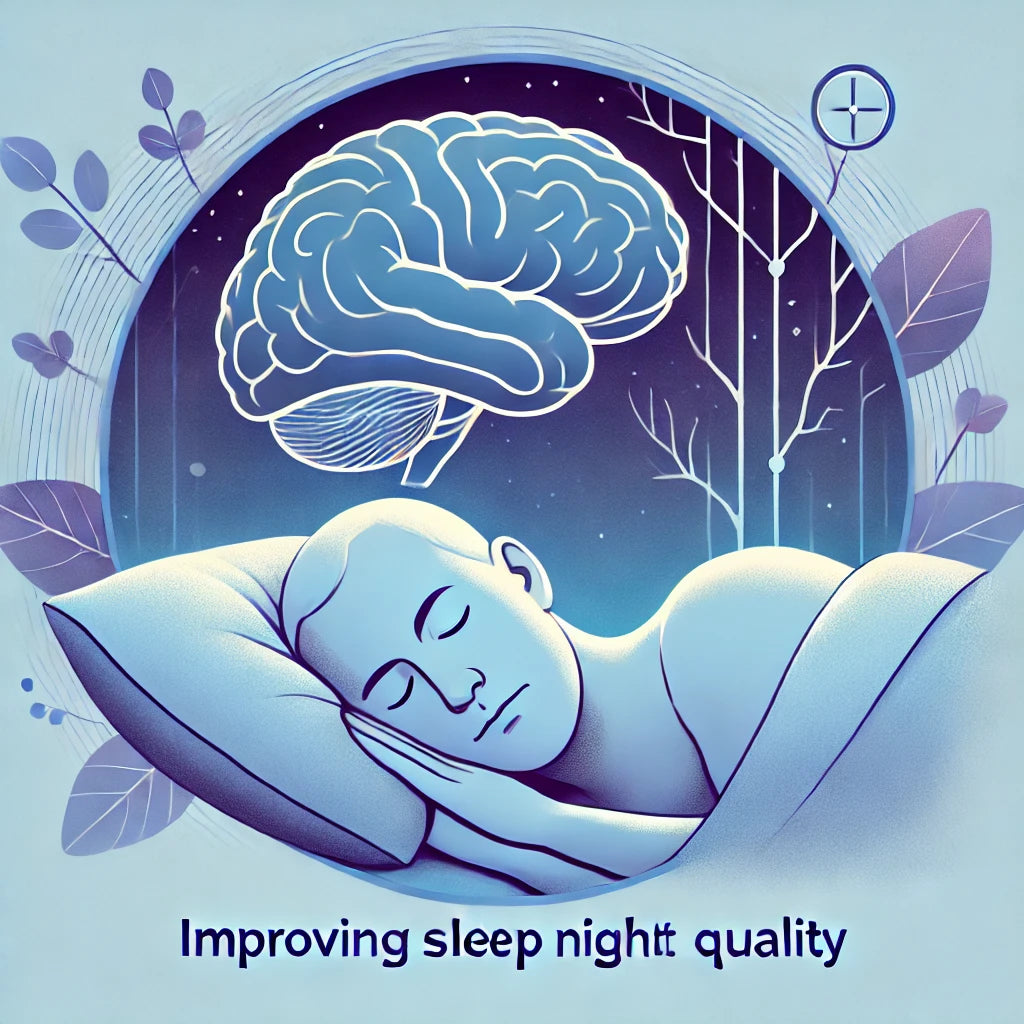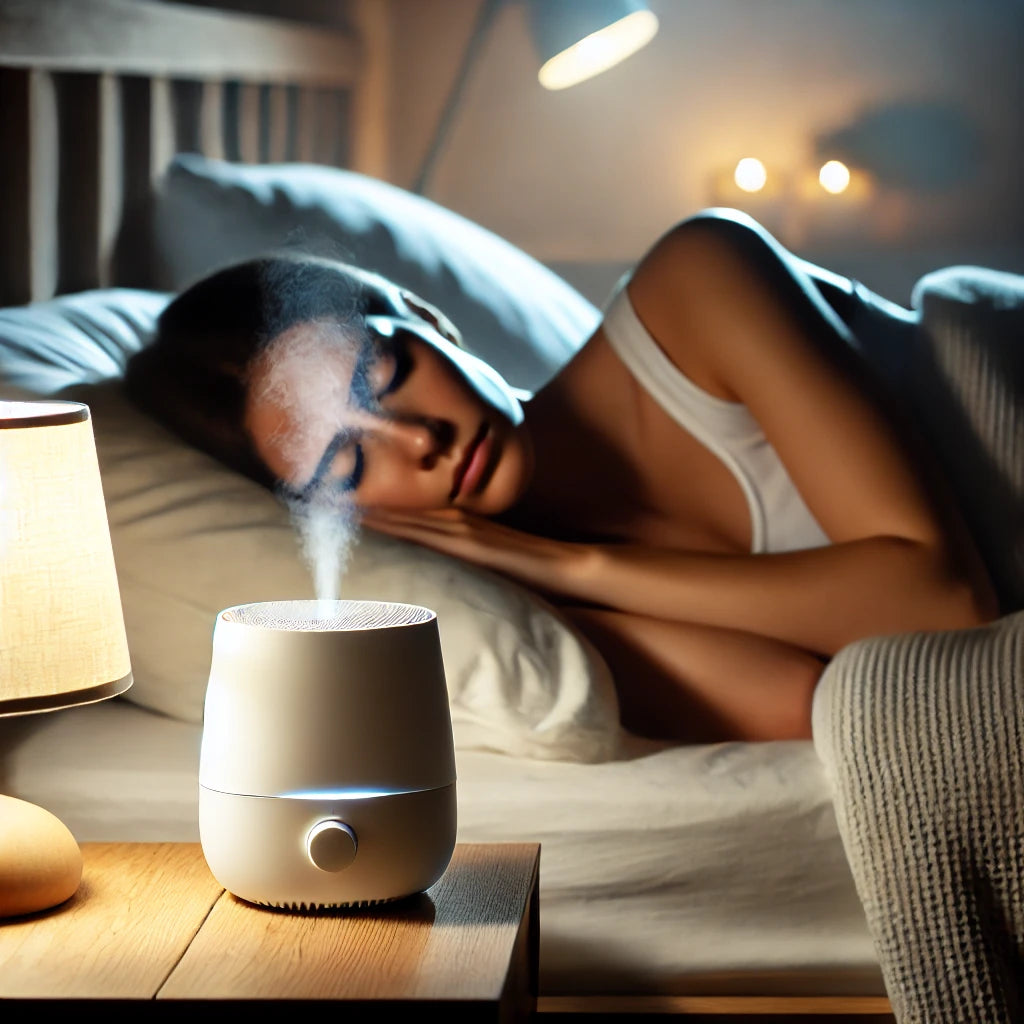News — sleep apnea
Sleep Apnea and Heart Disease: A Dangerous Duo
cardiovascular health CPAP therapy heart disease heart health tips obstructive sleep apnea OSA and heart Sleep apnea sleep apnea risks sleep disorders sleep health
Sleep apnea, a sleep disorder marked by interruptions in breathing, is more than just a nighttime nuisance—it is a condition with far-reaching health implications. One of its most alarming connections is its link to heart disease, a leading cause of death worldwide. When left untreated, sleep apnea can increase the risk of hypertension, arrhythmias, and other cardiovascular complications.
The interplay between sleep apnea and heart disease is complex but undeniable. Poor oxygenation, fragmented sleep, and increased stress on the heart contribute to a dangerous cycle. Understanding this connection is crucial to addressing the root cause of both conditions and improving overall health.
Improving Sleep Quality in People with Parkinson's Disease
better sleep improving sleep in Parkinson's insomnia Parkinson's disease Parkinson's disease treatment Parkinson's medications Parkinson's sleep problems REM sleep behavior disorder restless legs syndrome sleep apnea sleep quality sleep routine sleep tips
Parkinson’s disease (PD) is a neurodegenerative disorder that affects movement, but one of its lesser-known challenges is the impact it has on sleep. Many people with Parkinson's experience sleep disturbances, which can exacerbate daytime fatigue, cognitive difficulties, and overall quality of life. Problems such as difficulty falling asleep, frequent awakenings, vivid dreams, and restless legs syndrome are common in Parkinson’s patients. Poor sleep not only worsens motor symptoms but can also lead to increased anxiety, depression, and mood instability.
Improving sleep quality in people with Parkinson’s disease requires a multifaceted approach that addresses both physical and environmental factors. By identifying specific sleep-related issues and implementing strategies such as adjusting medications, creating a restful sleep environment, and utilizing relaxation techniques, people with Parkinson’s can significantly improve their sleep patterns. This guide explores the common sleep challenges associated with Parkinson’s and offers practical tips for managing them.
Rhinitis and Better Sleep: How Nasal Congestion Affects Rest
allergic rhinitis chronic rhinitis fatigue from rhinitis how to sleep with congestion managing rhinitis nasal breathing nasal congestion nasal inflammation natural rhinitis relief nighttime congestion non-allergic rhinitis remedies for nasal congestion rhinitis rhinitis and sleep rhinitis treatment sleep apnea sleep disruptions sleep positions for nasal congestion sleep quality snoring
Sleep is a critical component of our overall well-being, playing a crucial role in everything from mood regulation to immune function. Yet, for many individuals, achieving a restful night’s sleep can be an elusive goal, particularly when dealing with nasal congestion caused by rhinitis. Whether it’s seasonal allergies, chronic conditions, or acute infections, rhinitis can significantly affect breathing during sleep, leaving you groggy and tired the next day.
Nasal congestion, one of the hallmark symptoms of rhinitis, blocks the airflow through the nasal passages, which often leads to mouth breathing, snoring, and even sleep apnea. Understanding how rhinitis interferes with sleep can provide valuable insight into improving your nightly rest and overall health. This article will explore the relationship between rhinitis and sleep and offer practical strategies to manage the symptoms for better rest.



